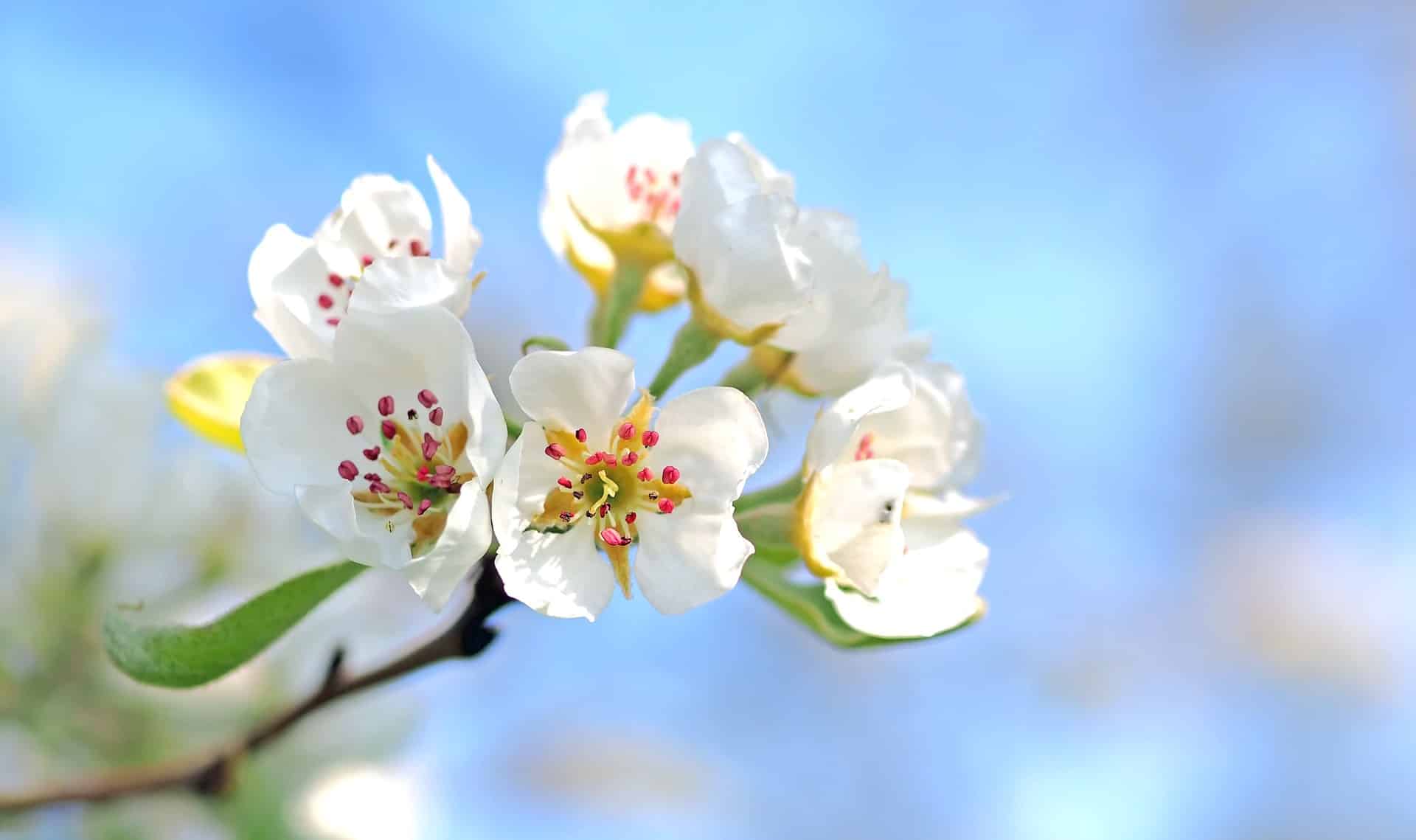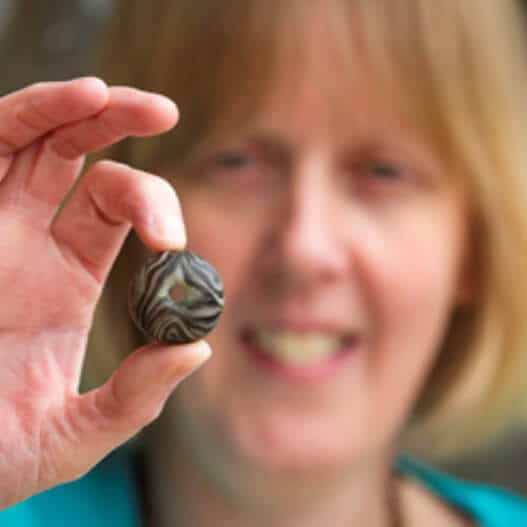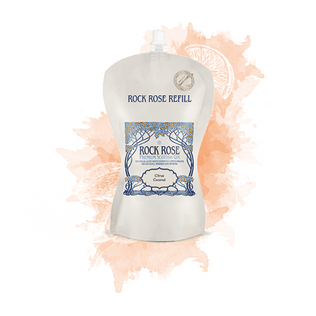This month our Beautiful Botanicals post is all about apples!
The modern domestic apple (Malus domestica), taxonomically, is a member of the Rose family (Rosaceae) thought to have been domesticated 4,000–10,000 years ago in Central Asia. It is a deciduous tree, standing 2–4.5 metres tall in cultivation and up to 9 metres in the wild. The leaves of the botanical are alternately arranged dark-green coloured ovals with serrated margins. The five petalled flowers known as apple blossom are produced in the spring simultaneously with the budding of the leaves. Apple blossom flowers are white with a pink tinge. The fruit of the botanical matures in late summer or autumn and comes in an array of colours depending on the variety – of which there are around 2,000 – from pale yellow and green through to deep red. The taste and texture of the fruit varies from juicy to firm and sweet to tangy.
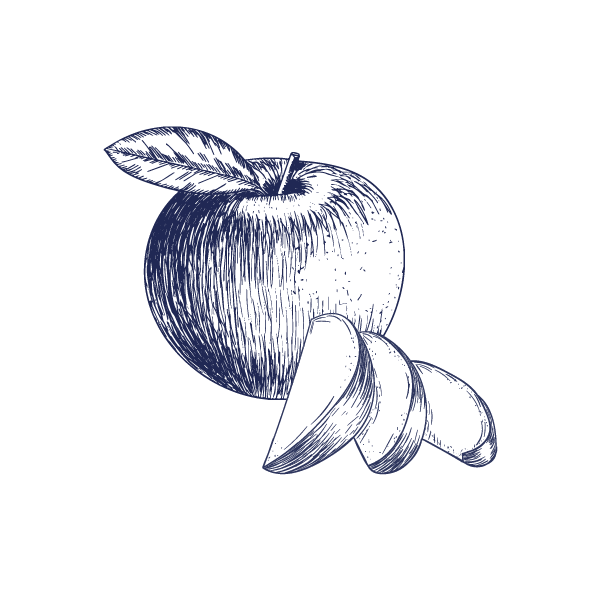
Could an apple have started the Trojan War?
In Greek mythology, according to a story recounted in the Judgement of Pairs the goddesses Aphrodite, Athena, and Hera were invited along with the rest of Olympus to the wedding of the sea-nymph Thetis to the mortal Peleus, who would later become the parents of the Greek hero Achilles.
However, Eris the Goddess of Strife and Discord was not invited to the wedding because of her troublemaking inclinations. When Eris discovered this slight, she decided to attend the wedding anyway and threw the ‘Fruit of Temptation’ – a golden apple addressed ‘For the Fairest’ into the midst of the three goddesses. Aphrodite, Athena, and Hera each claimed the golden apple as their own.
Zeus could or would not decide who was the fairest of the three goddesses, so proclaimed that Paris, a Prince of Troy, would decide. Each goddess bribed Paris with something. Athena the Goddess of War offered to make Paris a great hero or general. Hera the Goddess of Marriage, Women, and Family promised Paris he would become the ruler of the richest and most powerful kingdom on Earth. Whilst Aphrodite the Goddess of Love, Beauty and Pleasure told Paris she could give him the most beautiful woman in the world – Helen of Sparta. Paris declared Aphrodite the ‘Fairest’ and abducted Helen and thus the Trojan War began.
In Norse mythology, the goddess Iðunn is portrayed in the Prose Edda – written in the 13th century by Icelander Snorri Sturluson – as providing apples to the Norse gods to give them eternal youth.
An apple a day keeps the doctor away!
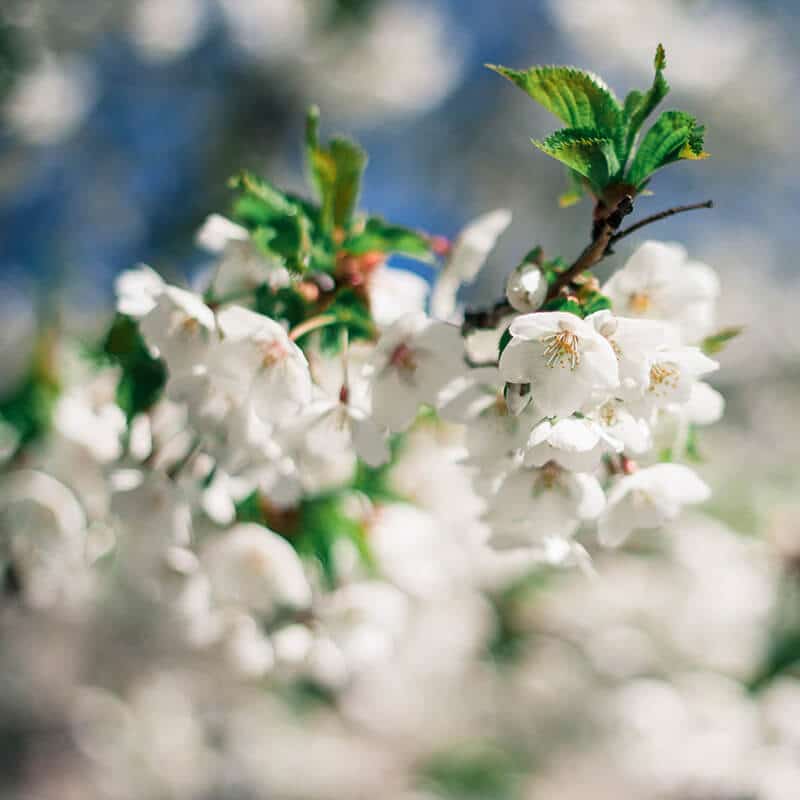
This phrase probably derives from the fact that apples are low on the glycaemic index thanks to their fibre content. This, together with their high flavonoid content, may help to improve insulin sensitivity, which is important both for weight management and preventing diabetes.
The pectin, found in apples may also help to lower cholesterol and regulate beneficial gut bacteria, preventing obesity and other inflammatory disorders.
Apples are also rich in polyphenols, protective plant compounds, one of which is a flavonoid called quercetin. Research indicates that people with higher quercetin levels – mainly through eating apples – have a lower risk of several chronic diseases including heart disease and asthma.
Whilst research on healthy women suggests eating apples, may minimise the amount of calcium lost from the body and hence improve bone strength.
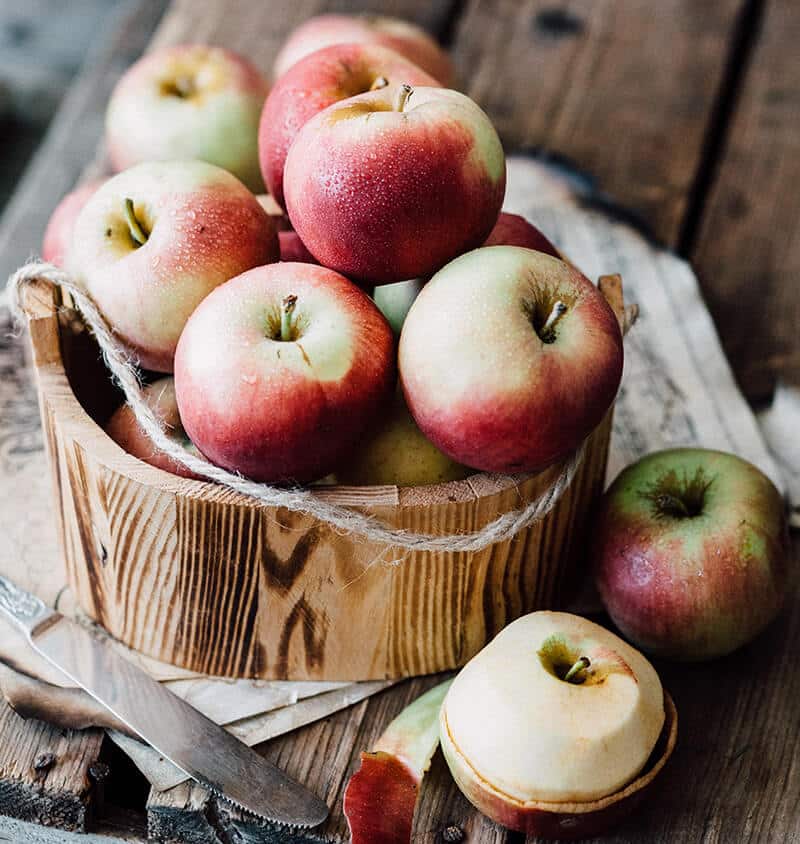
Highland apples for our Holy Grass Vodka
Highland apples are used within the distillation of our Holy Grass Vodka, these help to add an element of sweetness to the spirit and also complement the vanilla notes from the holy grass.
Through distillation, various alcoholic beverages can be produced using apple as an ingredient, such as Calvados and Vodka. Some distilleries use apple to manufacture gin. In gin production different varieties of apple offer a slight change in taste, with some adding acidic elements while others increase the sweetness of the spirit.
In fact, apples go so well with our Holy Grass Vodka that we have created an Apple Edition! Our Original Holy Grass Vodka with the apple ante really upped – it is delicious!


